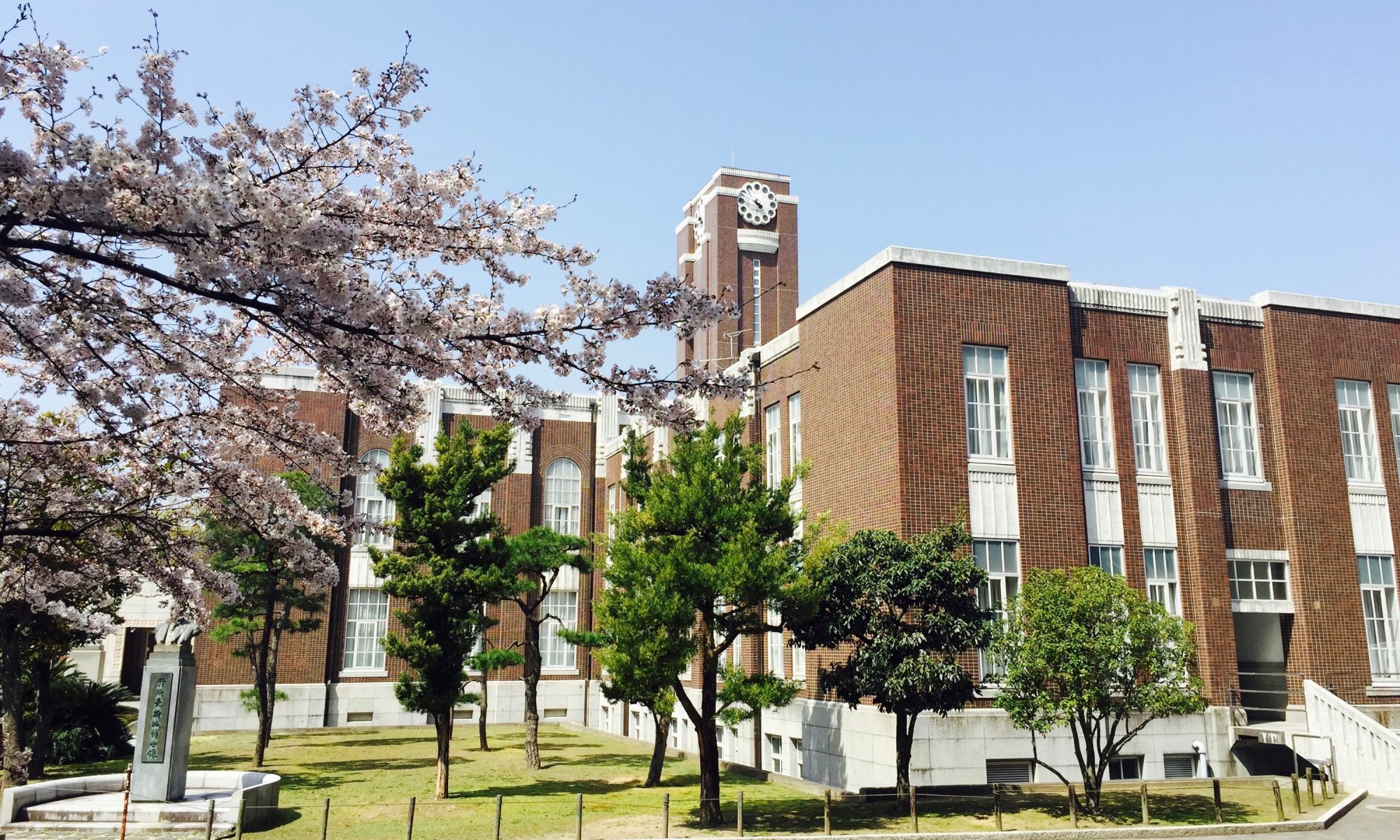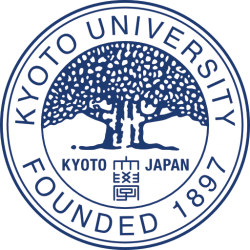Within the broad repertoire of transregional and interdisciplinary courses offered in the Joint Degree Master Program in Transcultural Studies, each student is required to select one of three study foci after the first term. The selection will be facilitated by individual consultations with the advisor in the respective study focus and/or members of the departments involved.
The study focus will indicate and further deepen the student’s main disciplinary and research-based methodological and theoretical competences. It will allow for a more specific orientation to match the student’s educational background, personal interests, and career goals.
Three study foci are offered, all representing the disciplinary and conceptual pillars on which the Transcultural Studies program rests. They are: “Knowledge, Belief and Religion” (KBR), “Society, Economy and Governance” (SEG), and “Visual, Media and Material Cultures” (VMC).
––––––––––––––––––––––––––
Knowledge, Belief and Religion (KBR)
This focus offers insight into the dynamic histories, circulations and practices of knowledge, beliefs and religion. It highlights relations between, and entanglements of, political and ideological, social and cultural, linguistic, and artistic aspects in and between Asia and Europe. Of particular interest are disciplines such as philosophy, history and art history, religious studies and philology, and anthropology. This focus emphasises students’ engagement with a variety of resources and sources, from archival, to textual to visual and material matter. In combination with a unique interest in social and institutional agents, the study focus offers new approaches to the exploration of fields such as religious movements and worldviews, the migration of ideas and concepts (e.g., democracy, enlightenment), the rise or decline of intellectual cosmopolitan elites or the institutionalisation of knowledge in educational contexts.
Study content (selection):
- Aesthetics and language of Sanskrit
- Bioethics
- Itineraries of global health practices
- Philosophical encounters between Asia and Europe
- Philosophy of science and engineering
Society, Economy and Governance (SEG)
This focus explores issues of Society, Economy and Governance from an explicitly transcultural, anthropological, and historical perspective. There is much interest in the deep and complex histories of globalization and transregional connectivities. Key themes here are the social, political, and cultural dimensions of market dynamics and networks, the shaping and governance of social systems (e.g., civil society), consumer cultures, transregional migration, demographic change, global governance, and urbanization processes.
Study content (selection):
- Concepts and methods of migration studies
- Development and agriculture studies
- Gender and sexuality in Asia
- Japanese pop-culture and media practices
- Migration of political ideas
Visual, Media and Material Culture (VMC)
This focus investigates the production, proliferation, and reception of images and objects as well as their collection, display, and reconfiguration with a view to the human agency involved. A transcultural perspective calls for recovering the ways in which experiences and processes of mobility and braidedness are constitutive for the actors and visual regimes involved in these processes. Transculturality also addresses the enmeshing of visual technologies, institutional practices, placemaking, and im/mobility in ways that cut across bipolar asymmetries. Of relevance is the role of diverse agencies, both local and trans-regional, in the negotiation of power and the production of knowledge. This can range from archival, artistic, and exhibition practice to architecture and urban planning to film and advertising. Interdisciplinary conversations and research-based projects help reach into literary, linguistic, musical, performative or ritual dimensions of creative cultures, whose meanings can be more fully apprehended through a range of experiences centering on the social agents, spaces, and sensoriums.
Study content (selection):
- Ancient history and material culture
- Art, film and digital media in East Asia
- Literary discourses and modernity in Asia
- Theatrical practices in Japan

